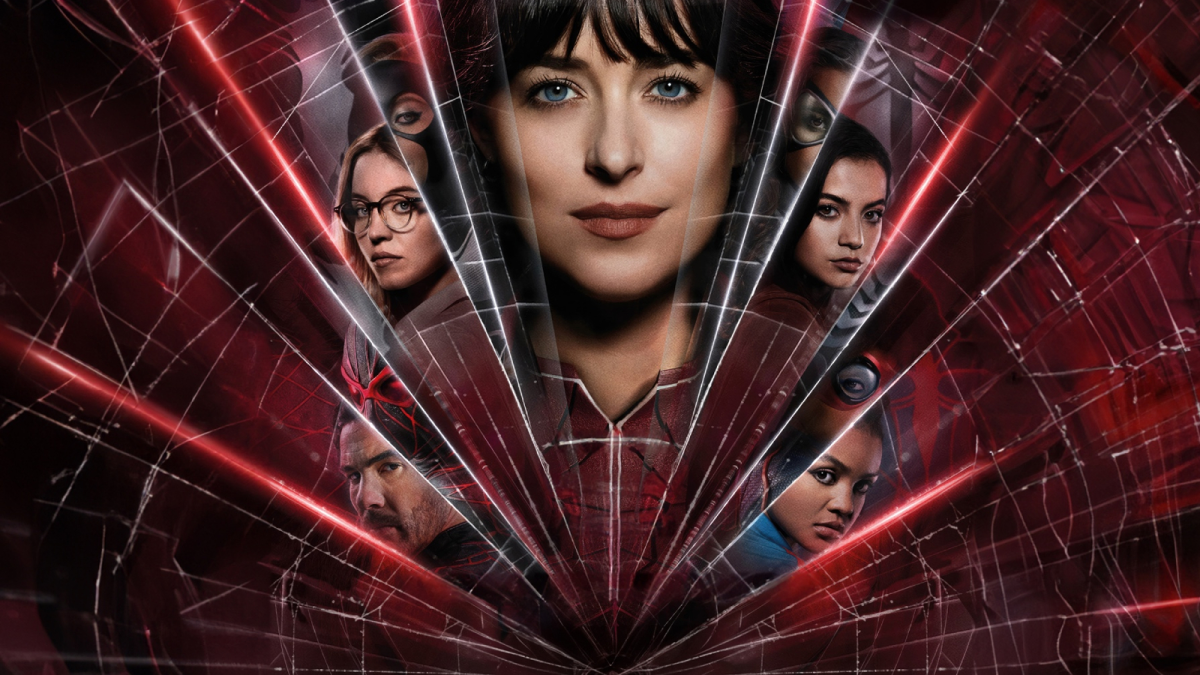
Was Seinfeld the first geek TV show? We think so.
Today, the general consensus is that we’re living in the most geek-friendly period in film and television. The most watched TV show is Game of Thrones, based on fantasy novels. The Big Bang Theory is a sitcom based on references to the culture. Even lesser entries like Gotham exist because of the increasing number of successful superhero stories out there. It’s a state of affairs that was absolutely unimaginable 15-20 years ago, when television producers mostly largely avoided sci-fi/fantasy concepts and lambasted geeks as awkward shut-ins.
Except on Seinfeld, where geek hobbies were embraced wholeheartedly on mainstream television.
In “The Heart Attack”, Jerry offers to bring a comic book to George’s hospital room. In “The Chinese Episode”, he takes George and Elaine to watch Plan 9 From Outer Space so they can mock it. In “The Voice”, George cites The Incredible Hulk and “the old Spider-Man live-action show” to explain a burst of strength to his boss. At one point, Elaine even corrects Jerry on superhero lore, pointing out that “Rubber Man” isn’t an actual superhero.
And that’s not getting into the multiple times Jerry and George casually debate superhero logic at the diner, such as whether Iron Man has underwear beneath his armor. These moments aren’t presented as awkward or abnormal, nor are geeky hobbies themselves the punchline of any joke. It’s just a show about ordinary New Yorkers who occasionally stop to debate superhero facts and science-fiction tropes like it’s the most natural thing in the world.
Remember, this aired a half-decade before Kevin Smith’s Clerks suggested the behavior was normal. But throughout its entire nine-season run, Seinfeld unrepentantly wore its geek cred on its sleeve. “The Race” is jam-packed with overt and subtle Superman references. “The Strike” discussed “two-faced” dates in context to the Batman villain. “The Frogger” is an entire episode dedicated to the classic arcade game. Seinfeld constantly drew from superhero, science fiction, and video game tropes that mainstream audiences wouldn’t be exposed to anywhere else.
Many of these geeky contributions were an influence of Jerry Seinfeld himself. In real life, Seinfeld is a massive Superman fan, even giving his son the middle name “Kal” for Clark Kent’s Kryptonian alias. This appreciation carried over to his fictionalized counter-part and became a recurring quirk for the character: One of the very first episodes presents Jerry’s argument that a yellow sun would enhance Superman’s sense of humor. A later episode even reveals that his pin number is Jor-El, inspired by Superman’s Kryptonian father.
But even compared to today’s programming, Seinfeld‘s respect for geeks and geek interests is hard to match. The nearest example is probably The Big Bang Theory with its surprisingly accurate pop culture and gaming references (not to mention honest-to-God love of hard science). But the characters themselves? They’re still incredibly stereotypical: Sheldon and his friends are based on classic Revenge of the Nerds parody personalities, each so immersed in their hobbies that they struggle with basic social skills. Seinfeld never stooped to that level: Jerry and George were both huge geeks, but still well-rounded characters who can carry conversations on a variety of topics. And any personality quirks they did embody (George in particular) were presented as universal human foibles, not the inevitable failings of comic book fans.
Even in our golden age of geek television, most shows still can’t grasp that subtle point. Writers and producers cater to our hobbies more than ever before, but geeks themselves are rarely portrayed in a balanced light. Even shows that portray us positively imply these hobbies are the only aspect of our personalities. But that’s just flipping an insulting stereotype to a positive one, making geeks the wittiest and most capable people in the room; think Felicia Day’s “Charlie” from Supernatural.
And when that isn’t happening, creators still get parts of the hobby wrong. Video games in particular are constantly misrepresented on television, where you apparently need multiple players to get through a single-player game. Even Breaking Bad, one of the best-written critically acclaimed shows in recent memory, decided to portray Rage as a rail shooter instead of needing a controller. I get that Vince Gilligan was using artistic license to make a point, but come on. Video games have taken enough of a beating on the “descent into mindless violence” metaphor already.
But when Seinfeld took on video games in “The Frogger”? We have an accurate representation of how arcade games were played. Minor mechanical details of how the machine worked were kept intact (specifically that unplugging the machine might delete the high scores). Even the game mechanics are faithfully recreated as George dodges cars while crossing the street. These minor details make the episode more believable and relatable, while showing a love and appreciation for the medium. It even still manages to make an artistic point: that George can’t preserve the cherished moments of his childhood. And Seinfeld didn’t need to change anything about Frogger to do that.
Few shows have cared about their geeky source material to be that faithful to both the hobbies and enthusiasts who loved them. Seinfeld will be long-remembered as one of the best sitcoms to appear on television, but it deserves credit for understanding how to write a geek show long before anybody else caught on. It’s a lesson today’s creators would do well to learn from.



